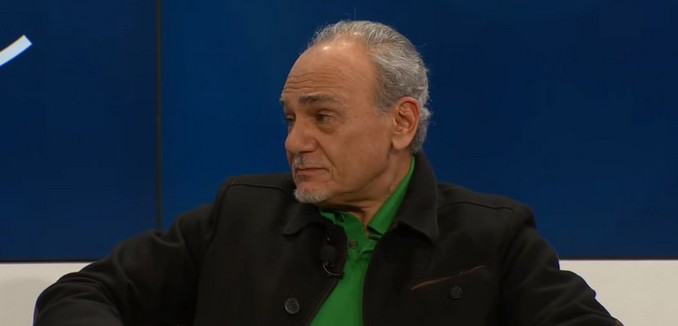As President Barack Obama is making his case for a nuclear deal with Iran, a former Saudi intelligence chief, Prince Turki bin Faisal, is arguing that the deal will have the opposite effect of what the president intends by “open[ing] the door” to nuclear proliferation, The New York Times reported today.
“Whatever the Iranians have, we will have, too,” he said at a recent conference in Seoul, South Korea. …
Prince Turki, while in Seoul, went further. “He did go behind the backs of the traditional allies of the U.S. to strike the deal,” he said of Mr. Obama during a presentation to the Asan Institute for Policy Studies, a South Korean research organization.
Although “the small print of the deal is still unknown,” he added, it “opens the door to nuclear proliferation, not closes it, as was the initial intention.”
In a similar vein, the Times quoted an unnamed leader of another Gulf nation who said, “We can’t sit back and be nowhere as Iran is allowed to retain much of its capability and amass its research.”
The article explains that “by leaving 5,000 centrifuges and a growing research and development program in place,” the West is allowing Iran a right to enrich uranium and that America’s Sunni allies are saying that “Washington cannot credibly argue they should not follow down the same” path as Iran.
The Times notes that one of President Barack Obama’s chief goals in entering nuclear negotiations with Iran was to prevent the regime from developing a nuclear weapon, which he feared would lead to a nuclear “free for all” across the Middle East.
Prince Turki has long been vocal about the Saudi intention to develop a nuclear capacity to match Iran’s. It is widely believed that if the Saudis choose to develop a nuclear weapons program, they would do so with the help of Pakistan.
A number of recent analyses of the ongoing nuclear talks with Iran, including one by former Secretaries of State Henry Kissinger and George Shultz, have warned that the emerging nuclear deal with Iran would lead to nuclear proliferation across the Middle East.
The nuclear deal with Iran, in addition to raising nuclear proliferation concerns, has also prompted Saudi Arabia to become the world’s biggest conventional arms importer.
[Photo: World Economic Forum / YouTube ]




